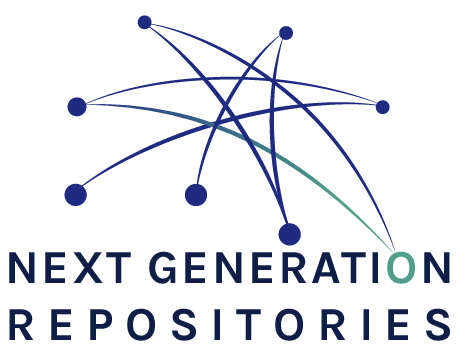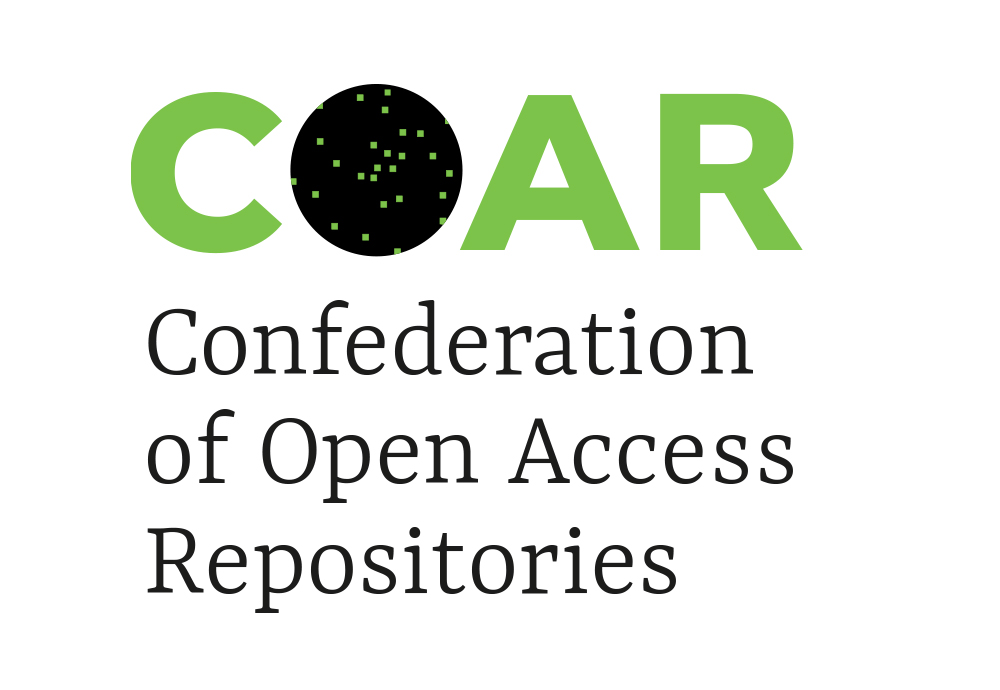Identification of Users
Repositories should support the creation of overlay content such as annotation, commentary, peer review, as well as other interactions with the scholarly objects they host. Inviting users to identify themselves by means of identifiers that have global reach (HTTP(S) URIs) when interacting with objects in this manner can lead to constructive conversations and the creation or reinforcement of social connections. User identification can support personalized services such as targeted notifications and recommendation systems that help users to more efficiently navigate large-scale distributed collections. Overall, we need the ability to uniformly identify users, i.e. the ability to understand that particular activities performed in any of the repositories in the network belong to the same user (regardless of whether the user is authenticated or not). This will add a global dimension to repositories and help to move beyond the status quo that is perceived to be largely silo-ed. We also want to record activities of anonymous users to better understand how content across the global repositories network is consumed.
User stories related to this behaviour
- As a user, I want my repository to recognize me and others so that I can be connected with other users who I know, leave comments and be informed of content that is of interest to me.
- As a user, I want to be able to discover new research outputs related to my interest, both proactively when browsing as well as in the form of notifications, regardless of the place in which they are stored.
- As a user, I want to receive recommendations about content that is of potential interest to me and related to my work, so I increase my knowledge.
- As a user, I want to have access to a global, cross-repository social feed so that I am informed about activities in which I have registered an active interest.
- As a user, I want to know when one of my social media contacts added a document, someone commented on a paper in a feed I was subscribed to, an open review has been provided on a paper I have read, a new dataset has been attached to a paper I am watching, a paper has been published based on a dataset I have used, etc.
- As a user, I want to be able to discover and identify important people, relevant scientific methods, conference/journal/meetup venues, funding opportunities, etc. in the research field I am interested in.

